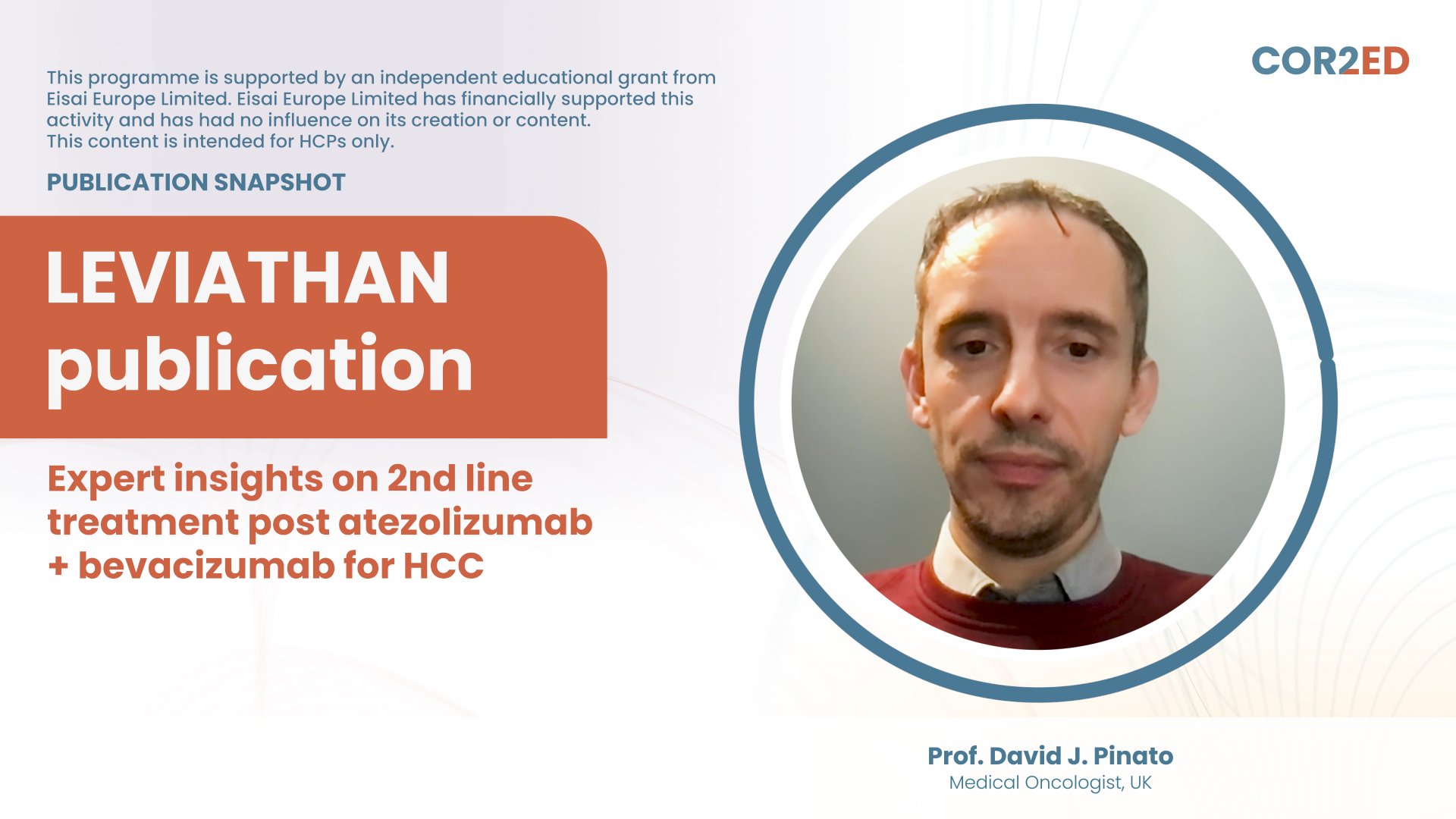Dr Rena Callahan
Hello and welcome to this podcast, where we'll explore best practices in molecular testing and targeted therapy for hormone receptor positive HER2 negative metastatic breast cancer. We'll be discussing the key biomarkers to test for, the timing of tests and the decision-making process when it comes to treatment. I'm Dr Rena Callahan, an Associate Clinical Professor of Hematology Oncology at the University of California, Los Angeles David Geffen School of Medicine. Today, I'm delighted to be joined on this podcast by Pathologist, Dr Roberto Salgado.
Dr Roberto Salgado
Thank you, Rena. My name is Roberto. I'm a pathologist working in Belgium. And I am co-chairing with Sherene Loi and Carsten Denkert the consortium of pathologists worldwide TILs working group. We're working on immune biomarkers. 900 pathologists, 58 countries. We get a lot of info on biomarkers that I'm very willing to share all this knowledge with you today. And thank you for inviting me to this podcast.
Dr Rena Callahan
That's great. It's exciting. And, you know, as we all know, this hormone receptor positive, HER2 negative metastatic breast cancer, it's very common. And so we see a lot, in clinical practice, of patients that fit this profile. I am a Clinical Oncologist. I also do clinical research and see many, many patients. And so this is, of the metastatic breast cancer and early breast cancer space, this is by far the largest group and one of the things that's evolved over the last, even just five years, in terms of how we choose treatments, is molecular testing. The role of biomarkers in shaping our treatment decisions has really expanded. It went from something that, you know, we would send this NGS biomarker testing and, you know, more for just curiosity. And now we can actually apply it to clinical practice. And it's very important that we do so because there are several therapies that have been approved for use just over the past few years that are critically important, in determining who is eligible for treatment on this biomarker testing. So, let's start, Roberto, with some of the most common biomarkers that we use to test for in these metastatic patients.
Dr Roberto Salgado
Exactly. So the two most common biomarkers that are being tested is PI3 kinase alterations, that’s one. And the second one is ESR1 alterations in hormone receptor positive disease. I think I will focus on those two ones because they illustrate a lot of those concepts. Where should you test? In the primary tumour? In the liquid biopsy or in a metastatic biopsy? And I think it all depends on what biomarker and what line of treatment you are in.
There are, of course, additional biomarkers to be explored - AKT, PTEN, TMB and MSI, etc. Some of them are rather agnostic, MSI, for example, which is mostly given, rarely, in breast cancer, after the 3rd line of treatment. TMB, the same, very late, exceptionally, to be honest. There are others, NTRK, for example, conceptually tumour agnostic, and there are others which are more specific, AKT.
What is being tested? It depends on your patient, it depends on the line of treatment and it depends on the type of treatment. And this is something that we're going to discuss of importance today because you can test one gene, you can test several genes, you can test copy number alterations or you can test epigenetic alterations. So what do you do in daily practice? So we are going to detail all these practicalities. Me, from my pathology perspective, I'm a tissue nerd. And Rena, from her clinical oncology perspective.
Dr Rena Callahan
Yes, Roberto, absolutely right. This has changed over time. Like I said, this used to be something we would just send the NGS because it could be done, and then we would look at it just to see whether we found something but now we have very specific treatments. You had mentioned, PI3 kinase and ESR1 being the most important. I would agree with that.
You know, we generally use, 1st line for these patients, a hormone blocking therapy with a CDK inhibitor. But then when we move on to the 2nd line of therapy upon progression, these biomarkers that we look for become much more important because that's how we select a treatment.
So I tend to send testing at every progression. You know, certain things change over time, such as an ESR1 mutation which is acquired under selective pressure of an aromatase inhibitor. That's when you'll find it, over time. Initially, you know, at the first diagnosis of metastatic disease, maybe you'll find it in 5%. But as you go through multiple disease progressions, you'll find it in up to 40%. And if you find an ESR1 mutation, this makes a patient a candidate for treatment with an oral SERD, a selective oestrogen receptor downregulator, such as elacestrant.
I usually send, you know, initially a tissue biopsy and then at each disease progression I'll send a liquid biopsy with or without a tissue biopsy. And so one of the reasons to do that is just practically, the patients in the clinic, disease is progressing, we're drawing blood for other reasons. It's very easy to just draw a few extra tubes for a liquid biopsy. And the turnaround time is very quick. Whereas if you are setting up a tissue biopsy that can take several weeks, first, you have to arrange for the biopsy and then you have to get the results back. So that can take some time.
There is also a question of yield. You know, sometimes tumours are different. They're heterogeneous, you know, throughout the body. And so, potentially, you can pick up a greater number of ESR1 mutations in a liquid biopsy. NGS versus PCR, I generally send NGS because you can screen for thousands of genes all at the same time in parallel. Whereas with PCR, you have to know more of what you're looking for and be specific. So, you know, that's why I do that at that point and look for many genes at the same time. No one's limiting me in that regard.
I'd love to hear your opinion on the tissue, liquid biopsy because sometimes the circulating tumour DNA, you know, tumour fraction is low, and maybe that affects the yield as well.
Dr Roberto Salgado
Absolutely. And I think you pointed out several items that we can discuss here. One is, for example, the yield, which is completely true. But the caveat may be, for example, that, for some variants, tissue is better than liquid. And for others it's the other way around. For example, if you take a liquid biopsy, which can be on serum or can be on plasma and we can discuss the technicalities later on, whether it's a centralised testing or decentralised testing, basically, what does it mean? It means that the so-called pre-analytical variables are crucial. Why? Because you're looking at tiny fractions of variants, very tiny fractions. So for example, in the blood you also have, so-called, cell-free DNA, which is DNA coming from everywhere. It can come from the leukocytes itself in the blood. So what happens? If you take a blood sample and it takes too long to get to the lab. You start to degrade the immune cells. DNA gets out, the DNA yield gets up, the fraction of tumour yield is diluted. So you might get false negatives depending on if the so-called pre-analytical conditions are not exactly standardised. And I think that's a crucial issue when you work with so-called network hospitals, meaning hospitals organised together in one big network that you have to send your samples to the central lab in that particular network. Pre-analytics is crucial.
What else? Is something that we basically don't know that much is to what extent freezing or thawing of the blood sample affects the DNA yield. The tumour DNA yield in a liquid biopsy is basically, in general, roughly speaking, 1% of the total DNA in such a blood sample. So anything that affects the total DNA yield affects the sensitivity of your assay. And this is something which is extremely crucial and one of the main limitations in liquid biopsy is you need to find tiny fractions.
And the problem is, is that there are a variety of different liquid biopsy assays already available. Which one should you use? And there are also very homebrew assays available which are technically excellent. And you have companion diagnostics and non-companion. So you have a variety of things. What do you do if you have assays with different sensitivities? Going further, and I'm a pathologist so maybe let's dive into the technicalities of this, the extraction of DNA, there are different methods to extract DNA and different methods, yield different yields and different yields of DNA yields different results if you analyse liquid biopsy.
Furthermore, combine everything what I said so far, so the uncertainties start to rise when you get the result, and combine this with the notion that you mentioned, which is a very crucial point, is heterogeneity. We have, well, breast cancer has around 93 drivers. Should we measure all of them? Clinically speaking? Should we measure just one of them? In national health care settings where the government only wants to pay for drivers that have level 1a evidence. So from those 93 drivers, you end up with just two of them. PI3 Kinase, and ESR1. So what determines in that particular circumstance whether it's liquid, or whether its tissue, is the assay and the reimbursement. In many countries ESR1 testing is done, as you exactly mentioned, during or after treatment, when you see progression, because that's when your rates start to rise. So that's very logical to measure. And liquid biopsy for ESR1 testing is, for example, much better to detect heterogeneity than analysing the primary tissue. Why? Because it's progressive. PI3 kinase, for example, which is already present as a driver in the early days of cancer development. You may actually measure PI3 kinase in a much more reliable manner in the primary tumour than in the liquid biopsy, because it's already there from the start. It's not acquired during evolution. So I think there are many, many items that determine best practices. And I think the most important from my perspective, and this is something where I put a lot of efforts in my setting, is clinicians need to understand what the pathologist is measuring. What is your assay of your patient measuring because it is such a tremendous variability. And clinicians need to understand what exactly is measured in the report. And that's a crucial element.
Dr Rena Callahan
Roberto, I absolutely agree with that. And, you know, it's really interesting to hear how things vary regionally. In the healthcare system that I work in, it is seamless. Nobody, I have no governor that is saying that I can't perform this testing or that testing. So I just send an NGS, even though I'm in an academic institution, I send, centralised NGS to a platform that I trust that includes ESR1, and PIK3CA alterations, as well as many, many more for which we might not even have other therapies. Just to add, you know, we test for PI3 kinase mutations, but I think that, you know, we have a therapy, capivasertib, that is approved now in many regions, where we can use that with PI3 kinase mutations as well as AKT alterations and PTEN alterations. So it's very important at least to test for those. And then it allows us to test for those less common mutations, those tumour agnostic mutations that you mentioned, MSI, NTRK, you know, even HER2 mutations, at least in our NCCN guidelines, we can use a small molecule tyrosine kinase inhibitor called neratinib, in combination with trastuzumab, an endocrine therapy, for patients that don't have HER2 positivity but HER2 mutations.
So when we send this and cast a wide net, we are more likely, I think, to find some of these actionable mutations or alterations. And then to your point about what the pathologist is testing, there is great heterogeneity now in this space that we call HER2-low and HER2-ultra low. So we generally use, you know, our targeted therapy for PI3 kinase, AKT, PTEN or ESR1 mutations as the 2nd, as the 3rd line therapy.
But at some point we're considering chemotherapy. And now chemo is largely being replaced by antibody drug conjugates. So the one that is, the most broadly used is trastuzumab deruxtecan. And in a recent presentation on DESTINY breast-06, we see that that therapy works basically across, you know, HER2+ HER2-low, and now even HER2-ultra low. And there's great variation with pathologists and being able to assign HER2-ultra low, at least in the US the guidelines, you know, I think it would be very difficult to be a pathologist, especially a community non-breast focused pathologist, because the guidelines are, are a bit, vague. What do you think of that?
Dr Roberto Salgado
So this has complicated an enormous amount of things. Even that trial, HER2, any HER2 would have been included, we wouldn't have had this debate. That's one. Second, pathologists are able to measure very low quantities of HER2. The difference is we are looking at very subtle differences, very subtle. People don't realise this. So I invite all oncologists to go together with your pathologist that he shows you, she shows you, what is ultra-low. It's practically nothing. And the cutoff is 10% of positive tumour cells, 10%. 10 in 100. And the definition of ultra-low means 1 positive tumour cell in 100 is ultra-low, 1 positive tumour cell in 100,000 tumour cells is also ultra-low, and one positive tumour cell in 1 million tumour cells is also ultra-low. So that's what we are talking about.
The solution is we need to train pathologists. We need to compare each other. We need to find the pitfalls. We need to be aware that this drug exists. And if pathologists are in doubt about the HER2 low or ultra-low score, please consult a colleague. And I think these elements, education, awareness, training and asking a colleague, that combined will mitigate, I believe, a lot of the variability we observe today in the HER2-low, ultra-low setting.
Dr Rena Callahan
I completely agree. I actually think, my prediction is that it will be a moot point in a bit because we have other antibody drug conjugates, say TROP-2, you’ll want to test for TROP-2 expression. So it might just, go out the window. We'll see what comes next.
So at your centre, do you do everything in-house? I mean, having you especially as a resource for this, who is an expert in this, I'm sure that that, that affects what your institution chooses to do. Are there times where you send things out?
Dr Roberto Salgado
Well, actually, what we have decided in the region where I work in Antwerp, in Belgium, eight years ago, there were potentially four molecular pathology labs in one city. So we started to have competition between each other, very human nature. And after a lot of debate and discussions, we decided to have one central lab within the region where we all together communicate and discuss what are we testing, how should we report, how should we educate, and how should we update all clinicians? So that every clinician in the region has the same test for his patient, without discrepancies. That every clinician in the region and every pathologist in the region is also trained on, this is being tested for your patient, and this is how it should be interpreted. If you find an AKT mutation in breast, it has different meaning if you find the same mutation in colorectal cancer, and clinicians need to be aware, as pathologists need to be aware, that this difference exists.
So what we have done as a model and we call it Molecular Diagnostic Network Antwerp, it's a fancy name, is we centralise the testing, but we regionally organise all communication surrounding the testing of our patients.
Dr Rena Callahan
That's, I mean, that is a great way to do it because you're basically centralising testing with, in your own way by working together as opposed to, kind of the way that we do it is just sending to an outside lab, but it achieves the same goal, which is standardisation. So, interpretation of results. You mentioned that there is education on how a mutation in one malignancy carries different weight and has different implications than in another malignancy. Do you have, multidisciplinary, molecular tumour boards, something like that, at certain intervals where you communicate as with the pathologists, medical oncologists, geneticist, etc.. Do you have that?
Dr Roberto Salgado
Yes. So we have, so every hospital has a molecular tumour board, which is actually what used to be called multidisciplinary board. So it's every hospital has to discuss your patients. And we have on top of that one molecular advisory board or molecular tumour board, whatever you want to call it, which is regionally based where we discuss cases that may be included in clinical trials within the region. For example, we had a case of a lung cancer patient, resistant to EGFR inhibitors acquired a systematic progression, every time a single mutation. Now patient had a MET alteration. No reimbursed treatment available but patient should be included in the clinical trial. Eight years ago, where everybody was fighting amongst each other to attract those patients. Now, we say OK and we centralise information and we send that patient to one single centre that has a trial ongoing. Does it work perfectly? No. Is there a long way to go? Yes, of course. Do we have a learning curve to pass? We are still in the middle of that learning curve of course, but I think it's the right concept. You centralise the testing, you decentralise the communication and you communicate in a transparent as possible way in a noncompetitive manner. For the best sake of our patients.
Dr Rena Callahan
Absolutely. To your point, the noncompetitive manner is very important. And that's where we get more, you know, information. So do you, at your molecular tumour boards, do individual physicians bring forward cases?
Dr Roberto Salgado
Yes, and we invite for every particular patient, the clinician that has brought the patient that knows every single detail of it.
Dr Rena Callahan
Yes, because it's not just about the pathology, right?
Dr Roberto Salgado
No.
Dr Rena Callahan
There needs to be some sort of clinical background. You can't just say, oh, this patient has a PI3 kinase mutation they're going to get this therapy or an ESR1 mutation, they're going to get this. Because sometimes they may have both, right? And then how do we decide? You decide based on the patient. And so there's this more holistic approach, the clinical context, you know, whether a patient wants to prioritise quality of life over response rate perhaps, whether there's a goal she's trying to get to, you know, the birth of a grandchild or a graduation or whatever it may be. It's really important to involve the patient and talk about, the values of the patient, the goals of the patient, and then bring that to our tumour boards, our multidisciplinary discussions. When selecting therapy, right? Match the patient with the treatment. And, you know, that's what we're here to do is have our patients with metastatic breast cancer live the best life they can live for as long as possible.
Dr Roberto Salgado
Exactly. I fully agree.
Dr Rena Callahan
This has been a great discussion.
Dr Rena Callahan
We’re coming to a close and I think we can summarise by saying that the time is now to do molecular testing for hormone receptor positive HER2 negative metastatic breast cancer because there are therapies that we didn't have even five years ago that we have now, where eligibility is determined by these molecular biomarkers and that some of them change over time. So it is not enough to test at one point in time. We have to test at several points in time, and then we need to consider the type of testing that we are performing. Are we doing tissue biopsy, liquid biopsy or both? This is clearly in evolution and there will clearly be more molecular markers.
Dr Roberto Salgado
And if I can add one single message from my perspective as a pathologist, which is very simple, know your assay, this is so crucial. And I noticed that this is still a very long road that we all need to pass together, know your testing.
Thank you, thank you Rena. I really enjoyed this conversation.
Dr Rena Callahan
Yes, this is very fun. Thanks to our listeners for joining today and we hope you found this discussion useful.
Tonke de Jong (COR2ED)
If you enjoyed this podcast and want to find out more, then please look for the Oncology Medical Conversation podcast under the account of COR2ED Medical Education. Also, don't forget to rate this podcast, subscribe to our channel and share it with your colleagues. Thank you for listening and see you next time.
This podcast is an initiative of COR2ED and developed by PRECISION ONCOLOGY and BREAST CANCER CONNECT, international groups of experts in the fields of precision oncology and breast cancer. The views expressed are the personal opinions of the experts, and they do not necessarily represent the views of the experts’ organisation, or the rest of the PRECISION ONCOLOGY and BREAST CANCER CONNECT groups. For expert disclosures on any conflict of interest, please visit the COR2ED website.
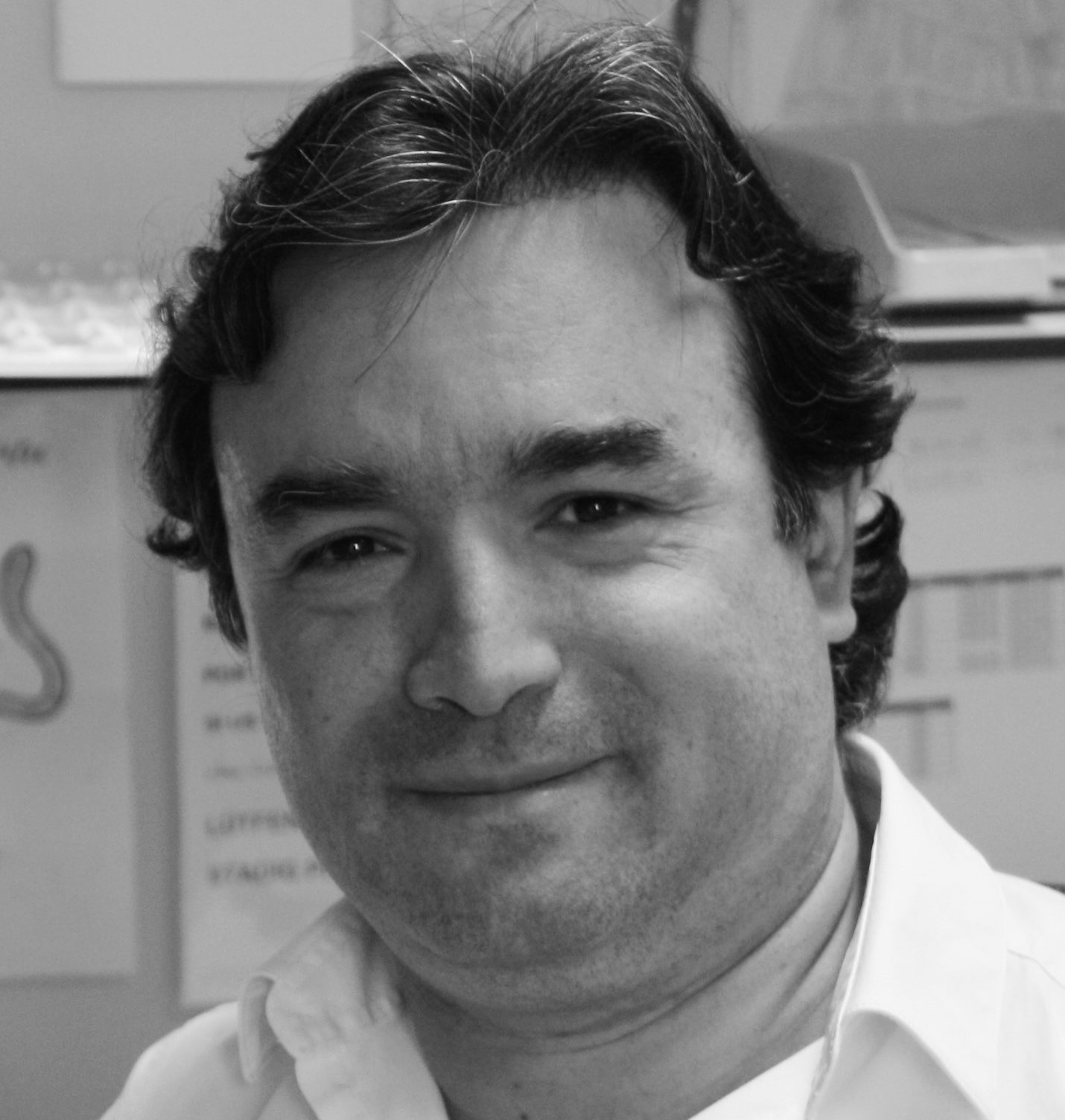



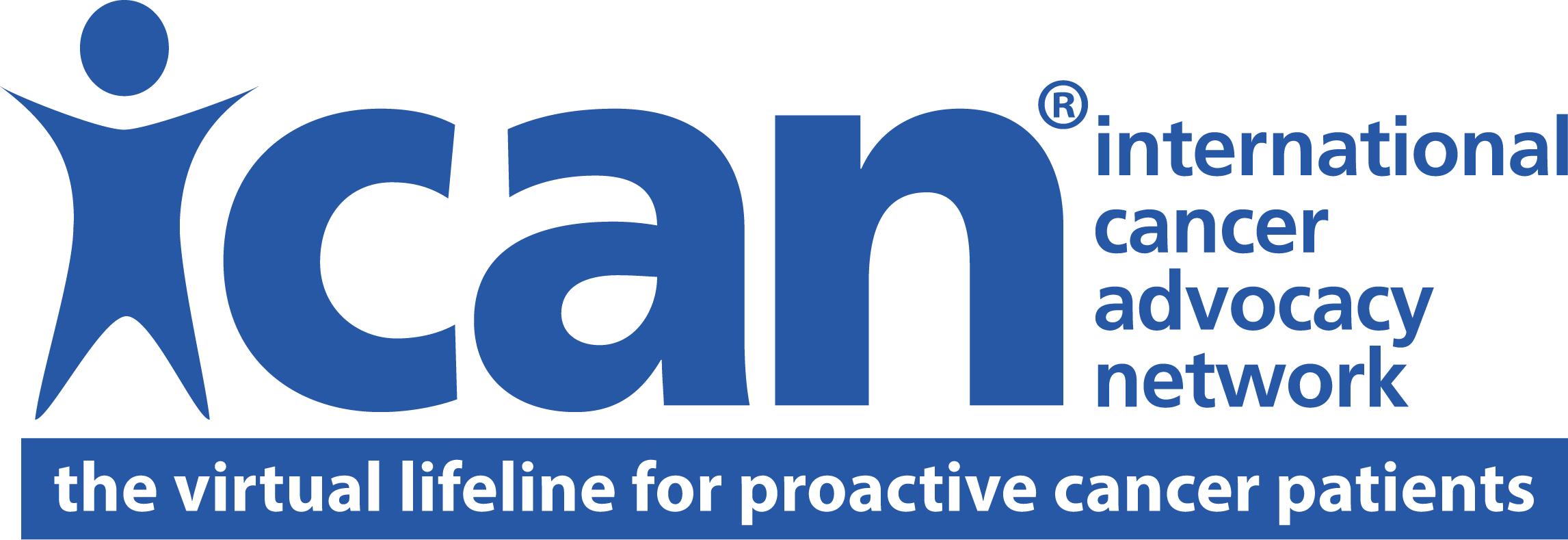

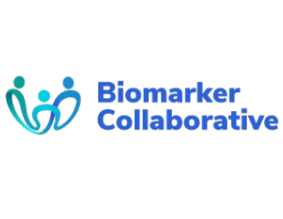
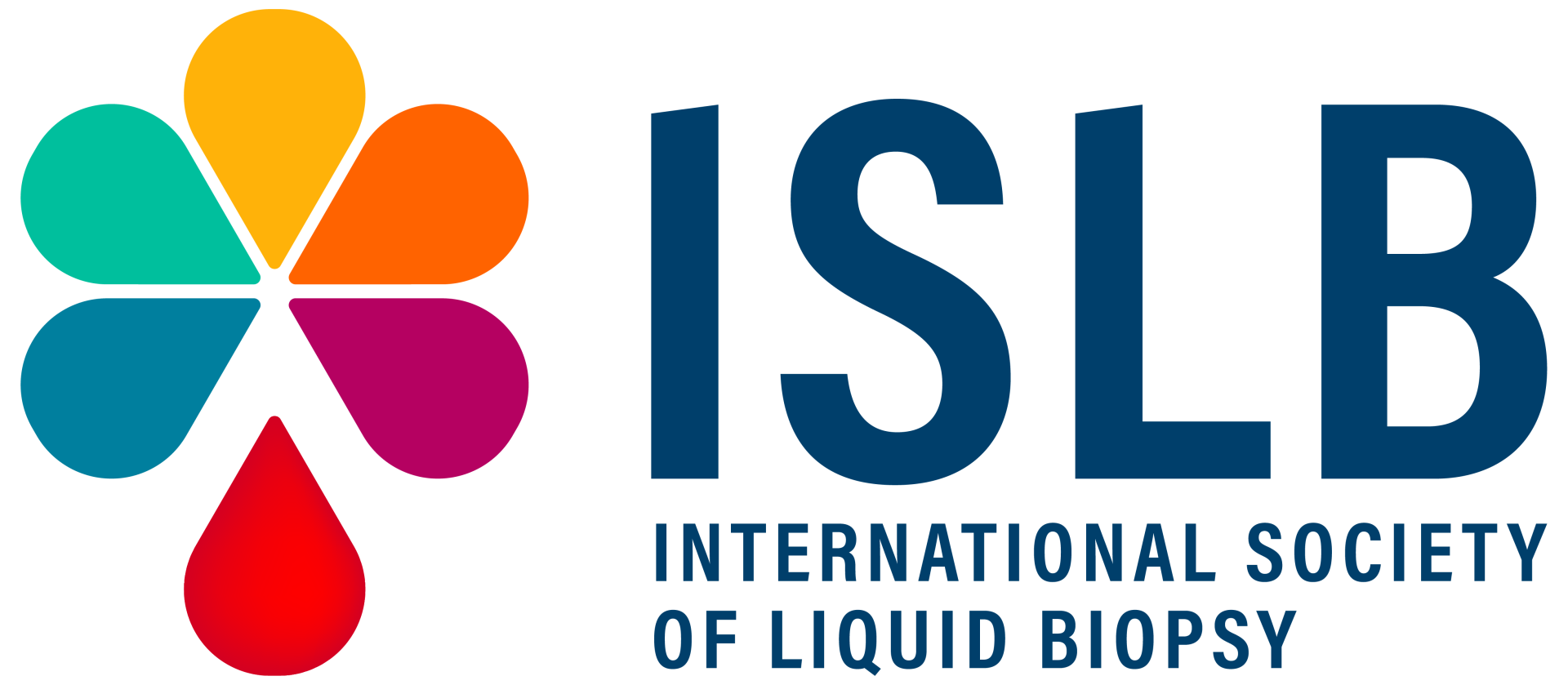

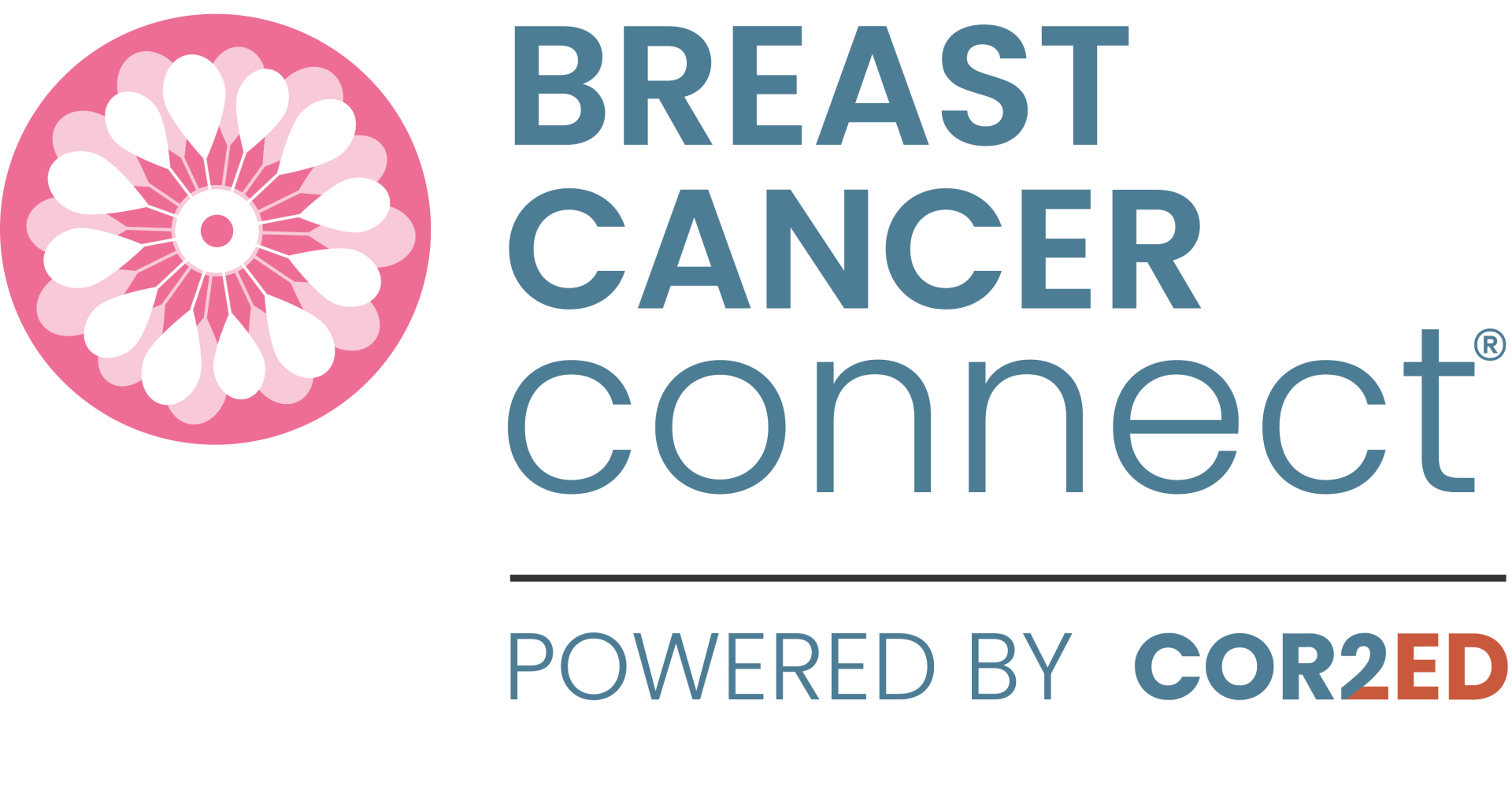


 Downloadable
Downloadable  6 MIN
6 MIN
 Dec 2025
Dec 2025 







